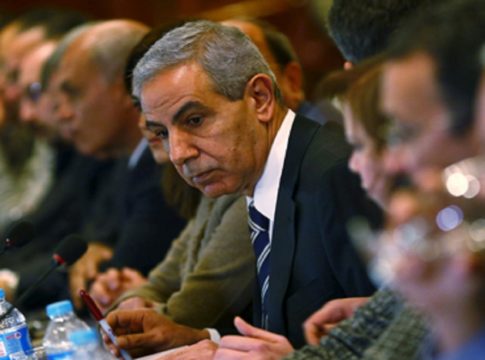Egyptian Minister of Commerce and Industry Tarek Kabil said that the country’s non-petroleum industrial exports have made “remarkable progress” between January to August this year, increasing 11 percent from $13.5 billion to $15 billion. According to a report quoting the minister published in Al-Ahram newspaper on Friday, imports also decreased from $45.5 billion to $35.1 billion, a 23 percent drop, in the same period, resulting in a 37 percent decrease in the trade balance deficit from $32 billion to $ 20.1 billion.
The decline in imports contributed to the increase in the productive capacities of Egyptian industry, which reflected an expansion in industrial sectors and the creation of new job opportunities for young people," reported Al-Ahram. The sectors showing the greatest increases in exports were chemicals and fertilisers with 44.3 percent, ready-to- wear clothing with 10.6 percent, construction materials with 8 percent, spinning and textiles with 6 percent, engineering industries with 5.8 percent, food industries with 5.4 percent, agricultural products with 3.8 percent, and furniture upholstery with 1.6 percent. The sectors showing the greatest reduction in imports were ready-to- wear clothing with a 55 percent drop, book industries with 49 percent, leather products with 39 percent, engineering products with 33 percent, furniture upholstery with 32 percent, food industries with 29 percent, furniture with 27 percent, chemicals and fertilizers with 12 percent, medical industries with 8 percent, and handicrafts with 5.7 percent.
Egypt’s imports from the 10 biggest source countries saw a significant 18.3 percent decrease from January to August of this year, when compared to the same period of last year, the report added. The largest decline in imports was from Turkey with 32 percent, Germany with 24 percent, China and India with 22 percent, France with 18 percent, Italy with 17 percent, the USA with 13 percent and Brazil with 9.4 percent.


